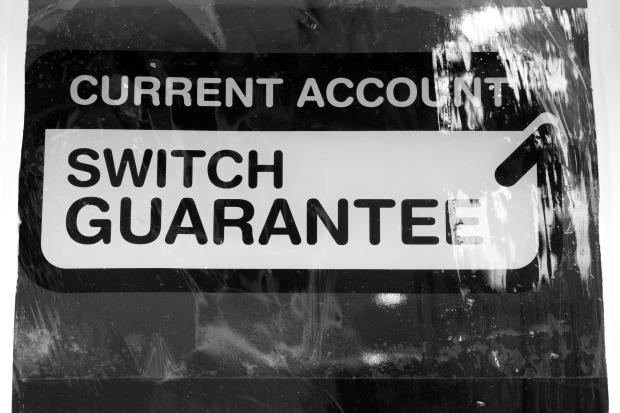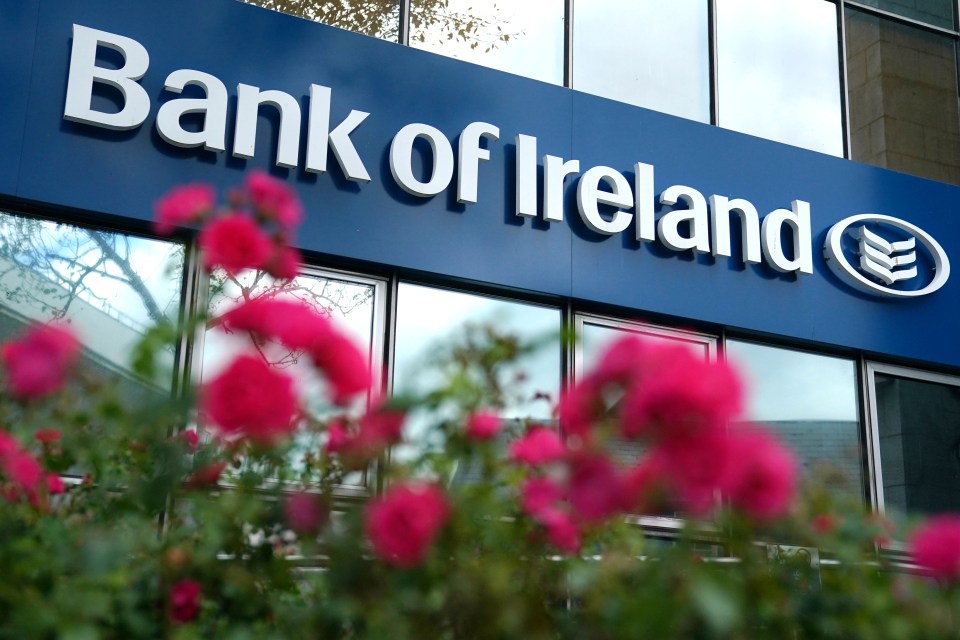A MAJOR bank with two million customers is axing seven key account charges within weeks.
Bank of Ireland UK is scrapping several common bank account fees from October 6.
The move means customers will no longer have to pay for extra statements, cancelling cheques, transferring money to non-Bank of Ireland UK accounts, or enquiries about their financial situation.
Currently, charges for these services range from £1 to £8, depending on the type of request.
For example, extra statements cost up to £3 each, cancelling a cheque can set you back £8, and transferring money within the UK to accounts outside Bank of Ireland costs £7.
Making or answering enquiries about your financial situation, which currently costs £7.50 plus VAT, will also become free.
The bank is also dropping its offset charges, which currently apply when customers use credit balances in one account to reduce overdraft interest on another account.
This fee, set at 1% of the credit balance used, will be completely removed.
The changes apply to both personal customers in Northern Ireland and Great Britain.
Bank of Ireland UK says the fee removal is part of its commitment to making banking more accessible and affordable for all its customers.
Bank of Ireland UK, part of the Bank of Ireland Group, focuses on helping customers in the UK and Northern Ireland, while the main branch serves Ireland.
It offers everything from current accounts and savings to mortgages and loans.
Changing fees
STARTING October 6, Bank of Ireland UK will scrap all the following charges.
Personal Customers – Northern Ireland:
- Extra statements: £1
- Cancelling a cheque: £8
- Credit transfers without a Bank of Ireland UK account: £7
Personal Customers – Great Britain:
- Extra statements: £3
- Cancelling a cheque: £7.50
- Offset charge: £1% of the amount the credit balance
- Making enquiries about your financial situation: £7.50 + VAT
What other banking changes are coming?
NatWest is making changes to its business current accounts by increasing fees for cash payments, cheque transactions, and certain online transfers.
From August 30, cash payments into and out of business accounts will see their fees surge from 70p per £100 to 95p per £100.
Cheque payments, whether processed by hand or via mobile, will also jump from 70p to 75p per cheque.
The bank is also increasing some charges related to its BACS payment system.
The BACS system is a UK payment network used by businesses to make electronic bank-to-bank transfers, such as Direct Debits and Direct Credits.
The fee for processing each individual payment or instruction, will soon rise from 18p to 21p.
The cost to process a file containing multiple payments or instructions will also increase slightly from £5.25 to £5.35.
Customers applying for the Santander Edge Credit Card now face a monthly fee of £4, an increase from the previous £3.
Plus, customers of Lloyds Bank, Halifax and Bank of Scotland will soon lose the ability to deposit their cheques at any of the 11,500 Post Office branches nationwide.
From December 31 this year, Lloyds Banking Group will withdraw this service for all customers.
How do I switch bank accounts?

SWITCHING bank accounts is a simple process and can usually be done through the Current Account Switch Service (CASS).
Dozens of high street banks and building societies are signed up – there’s a full list on CASS’ website.
Under the switching service, swapping banks should take seven working days.
You don’t have to remember to move direct debits across when moving, as this is done for you.
All you have to do is apply for the new account you want, and the new bank will tell your existing one you’re moving.
There are a few things you can do before switching though, including choosing your switch date and transferring any old bank statements to your new account.
You should get in touch with your existing bank for any old statements.
When switching current accounts, consider what other perks might come with joining a specific bank or building society.
Some banks offer 0% overdrafts up to a certain limit, and others might offer better rates on savings accounts.
And some banks offer free travel or mobile phone insurance with their current accounts – but these accounts might come with a monthly fee.













